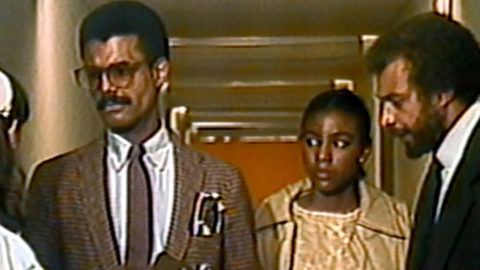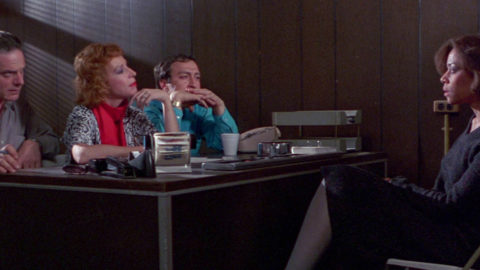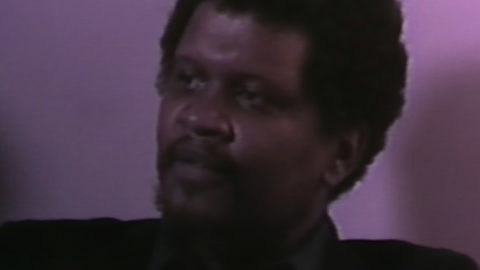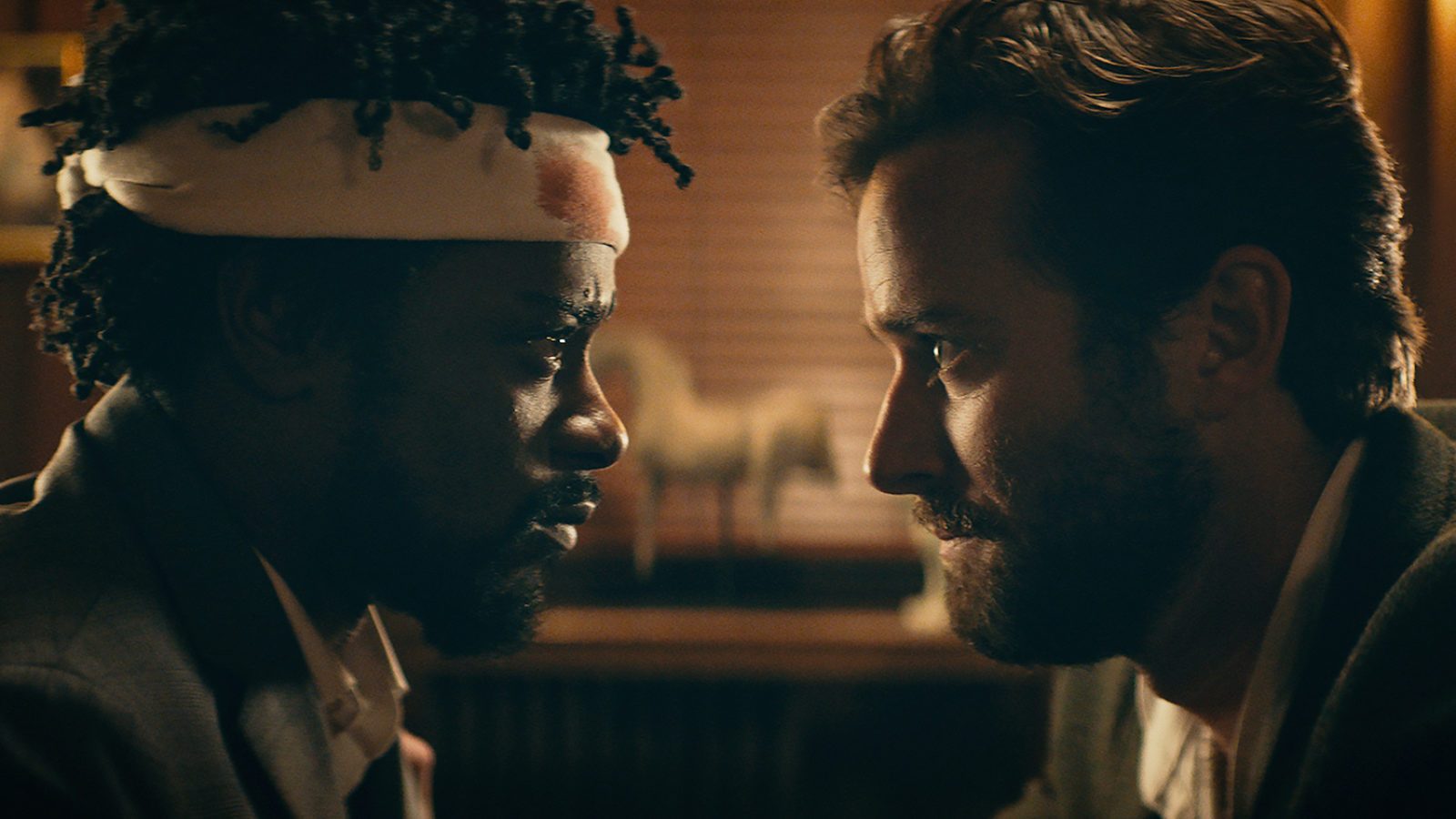
White Noise
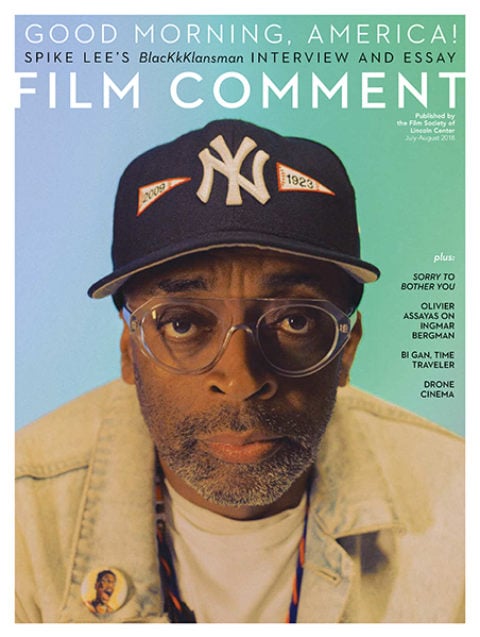
The following is an excerpt from the July/August 2018 issue.
Upon viewing the film armed with only the title and the (affectionate, and understandably widespread) description “bonkers,” my first experience was uncomfortable but not unpleasant, my mind scrambling to make sense of what was going on—although that was also the fun of it. Audiences will enjoy Sorry to Bother You in one go, but the film invites and can stand up to multiple viewings, in much the same way that complex rap lyrics benefit from repeated plays and familiarity gained from memorization. Riley is, by his own definition, a storyteller—a socially conscious, political artist, communist, proud Oaklander, and the beloved front man of The Coup, an infamous and popular punk/funk rap group that emerged from the Bay area underground music scene and has released seven albums with evocative titles like Kill My Landlord and Genocide and Juice. When asked by an ill-prepared interviewer on a Fox News affiliate to describe his music, Riley calmly stated that The Coup is “a punk-funk Communist revolution band” that wants to “make everyone dance while we’re telling them about how we need to get rid of the system.”
That first screening of Sorry to Bother You I attended was framed by the release of Childish Gambino/Donald Glover’s “This Is America” music video, directed by Hiro Murai, which at the time was being celebrated and widely parsed on social media and podcasts. There are relevant parallels between the sardonic music video and Riley’s satirical film: both are entertaining and disturbing at the same time—highly designed, layered, and musically structured works with fluid transitions but odd shifts in mood. They are consistently surprising and even shockingly dark. Stanfield is another common denominator between the film and Glover’s video, linked via his role as laconic and vaguely magical Darius in another project by Glover, the Emmy Award–winning TV series Atlanta, for which Murai often directs episodes. In Sorry to Bother You, the actor has the opportunity to create a full, sympathetic leading character (as much as a satirical film can withstand), and his deep relationship with Detroit, the love story at the core of the film, prevents its polemics and lampoons from pushing any sense of alienation into extremes. Furthermore, his presence evokes the work of Jordan Peele, who featured Stanfield as the expropriated, youthful black body of an elderly white man in his Oscar-winning “social thriller” Get Out.
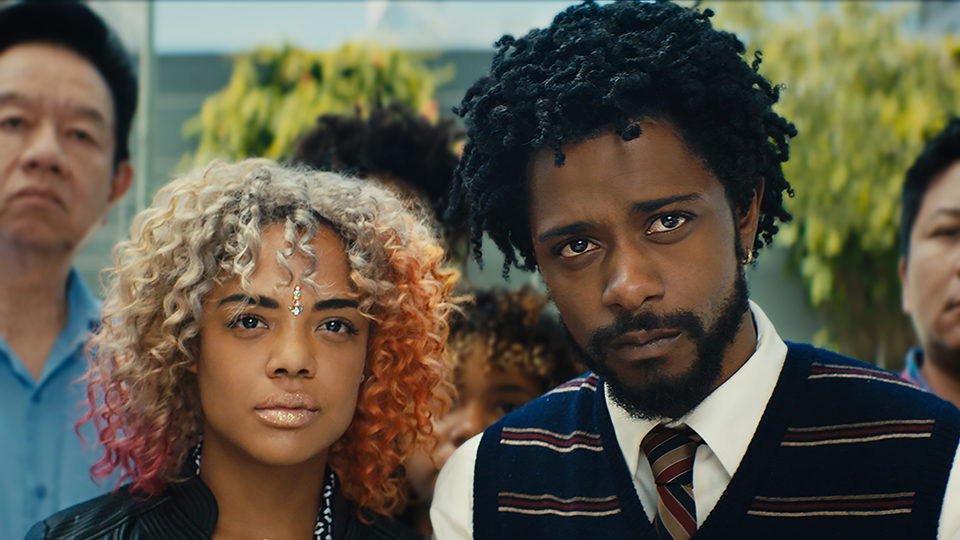
Black body horror also lurks beneath Sorry to Bother You, and the two films seem to be part of a creative trend in African-American cinema, moving away from the limiting expectations of naturalistic racial representations on film that sometimes burden black filmmakers. These artworks stray outside of conventional narratives with burlesque, revisionist history, formal shifts, bold metaphor, and allegory. A glance at recent revivals and DVD releases suggests that this tendency has always been an element of African-American and diasporic independent cinema. Prime examples include the long-awaited restorations of genuine iconoclast Bill Gunn’s two films Ganja & Hess (1973) and Personal Problems (1980). (Will his shelved 1970 studio film, Stop, follow?) Critic Brandon Harris has described Gunn in a way that seems relevant when considering Riley’s debut: “He just didn’t fit the equation of black writer/director = realist/earnest, racialized subject matter [like] the comers of his generation, especially his peers among Hollywood’s first black directors.”
Today’s black American and diaspora filmmakers are crafting multi-generic, cross-disciplinary media, distributed as features, short films, music videos, and installations (like Arthur Jafa’s emotive, masterly recut of YouTube clips Love Is the Message, The Message Is Death), in ways that are nonlinear, collaged, essayistic, Afrocentric/futurist or, in a word, Afro-Surrealist.
To read the rest of the article, you can purchase the July/August 2018 issue or subscribe now.
Ina Diane Archer is an artist and filmmaker and a media conservator at the Smithsonian National Museum of African American History and Culture.




